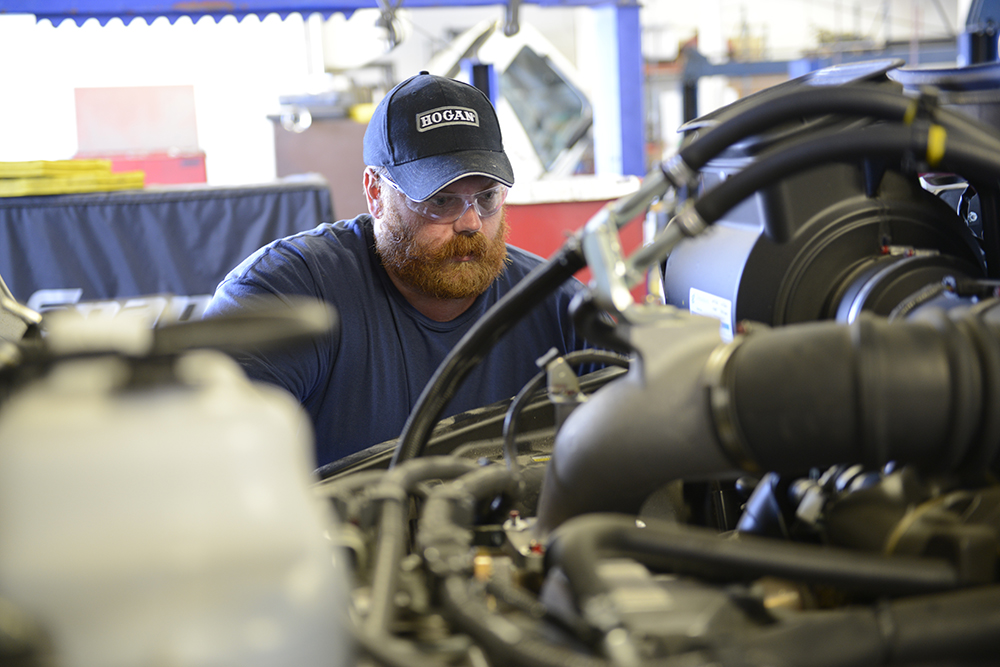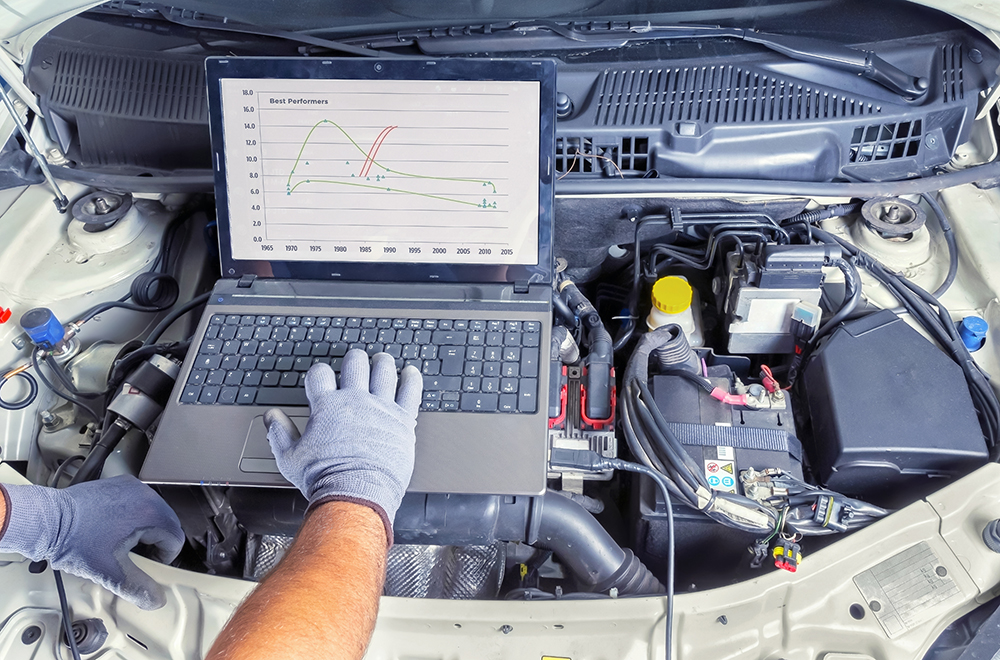This is the final blog in a series expanding on the issues fleets are facing covered in the January blog by Dean Vicha, President of NationaLease. A blog on electric vehicles (the 7th of the major concerns) is covered in another blog by Dean.
The future for most businesses necessitates a focus on sustainability; for fleets, that means a transition to alternative-powered assets: battery, electric power, and hydrogen fuel cell. These new trucks will enable fleets to comply with existing and what will likely be even more stringent emissions regulations in the future. Fleets, by and large, know what the current CARB rules and mandates on emissions are and when they are going to hit, so many are preparing now.
In October of 2022, trucking and manufacturing executives gathered at the American Trucking Associations’ Management Conference & Exhibition to discuss how the industry will deal with the transition from the traditional ICE truck to those with newer technology. According to Glen Kedzie, ATA’s vice president and energy and environmental counsel, “Forthcoming EPA and CARB NOx engine emission standards and truck greenhouse gas and fuel efficiency standards, the march towards zero-emission vehicles and likely future internal combustion engine bans have created a new road map unlike anything we have ever seen in our industry.”
Taking a multi-pronged approach to emissions compliance
Different fleets are going to follow different road maps, depending on the makeup of that fleet. Some classes are going to adapt to alternative fuels earlier and easier than others (think Class 6 and van fleets). But different fleets with different classes of assets will need to take a multi-pronged approach to emissions reduction. The obvious choice, for those fleets that can afford to do so, is to invest in new trucks. However, we all know the supply chain shortages have limited allocations, leaving fleets with too many older trucks that will have more difficulty meeting emissions standards.
Fleets that run predominantly Classes 7 and 8 trucks are going to be the most affected. Where possible, these fleets need to invest in newer trucks that use cleaner-burning diesel engines and advanced exhaust systems to reduce emissions. Some fleets may look to retrofitting some of their existing trucks with new exhaust systems and additional emission-reducing technologies. Doing this not only can make the vehicles compliant, but it may also increase the vehicle’s lifespan and reduce maintenance costs. But it is expensive.
For Class 6 trucks or for vans which are used for local deliveries and other short-haul applications can do things in addition to retrofitting to help reduce emissions. Reducing idle time and optimizing routes can reduce fuel consumption and emissions. Whatever a fleet chooses to do or is able to do, it is going to result in a significant investment. New trucks with better emissions reduction technology are increasingly expensive, but in the long term, the fuel savings and lower maintenance costs will pay off. Plus, there are no options…these mandates are not going away, so those fleets that adapt earlier will gain a competitive advantage.
Why NationaLease may be the right choice for these challenging times
As I noted, now is a tough time to try to be purchasing new trucks due to limited allocations and high prices. That’s why companies are increasingly looking to lease their fleet vehicles, especially when the fleet serves an ancillary purpose like getting product to market. The trucks are an essential part of the business, but transportation is not the core business itself. For those companies, leasing their vehicles makes so much more sense, especially at these times. NationaLease is a leader in the truck leasing industry, and our size and aggregated buying power gives us much more leverage when it comes to allocations than most individual companies would have. When the time comes to replace these trucks with alternative-powered vehicles, companies can lease those new vehicles without having the burden of selling off their older vehicles. NationaLease can do that for you as well.





